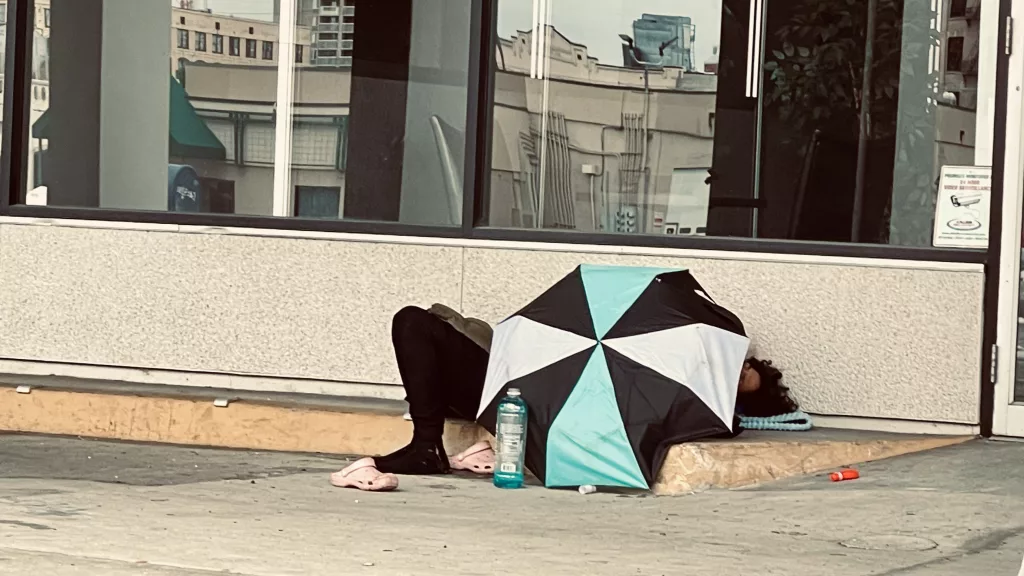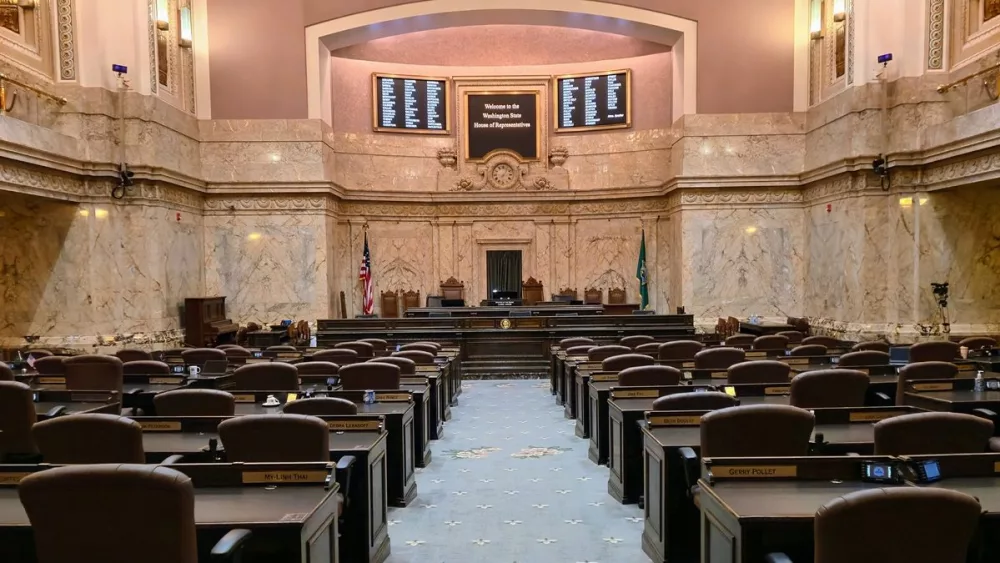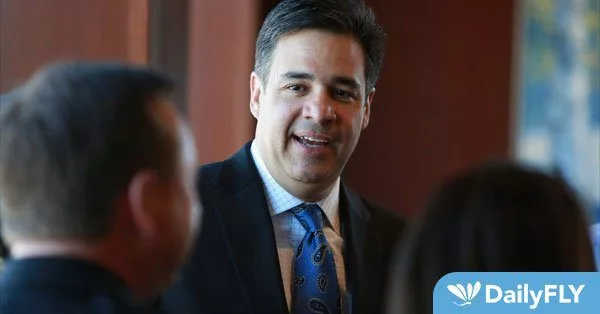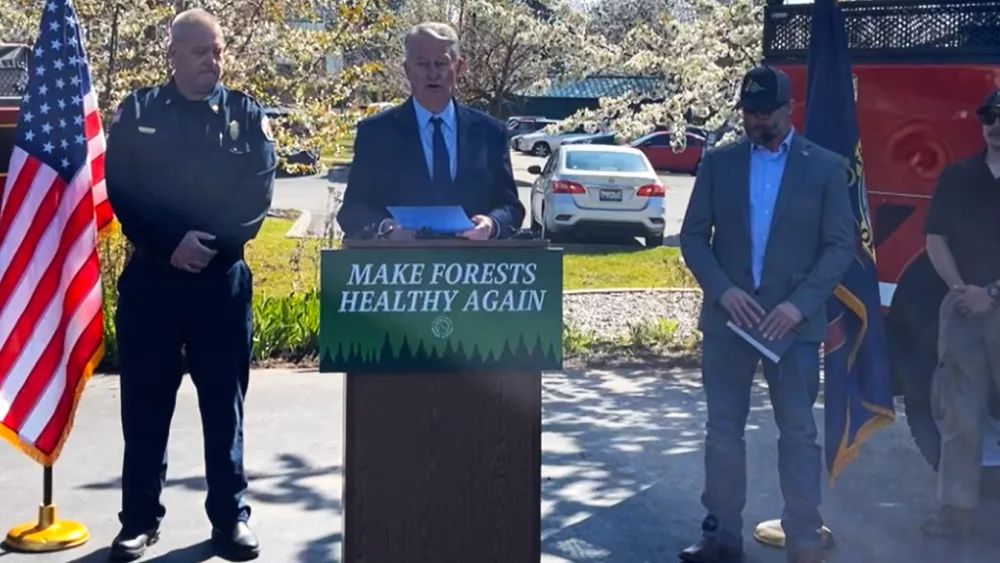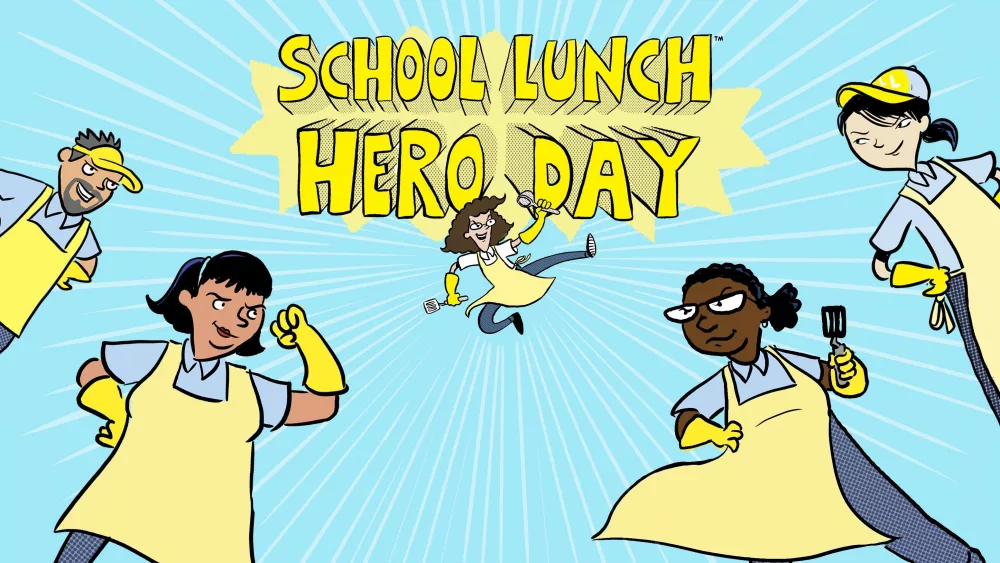SPOKANE, WA – Spokane-based providers are cheering after the Washington State Supreme Court struck down one of the city’s most controversial laws on Thursday. While considered a win for the homeless community, the decision left some business owners biting their nails as a new reality sets in.
Widely known as Prop. 1, the citizen-led initiative received roughly 75% of the vote in November 2023. The law made it illegal to camp within 1,000 feet of a school, park or daycare. However, the Spokane Police Department couldn’t cite people until June due to a prior federal ruling that prohibited enforcement without available shelter beds.
When the U.S. Supreme Court overturned Martin v. Boise, it cleared the way for officers to cite individuals on the street violating the law. Jewels Helping Hands, a local provider, and Ben Stuckart, former Spokane City Council president, were already ready to go, lawsuit in hand.
“The [Washington State] Supreme Court’s decision is a win for our community,” Stuckart, now executive director of the Spokane Low Income Housing Coalition, wrote in a Thursday news release.
Two other courts ruled against Stuckart and Garcia ahead of Thursday’s dramatic reversal.
The state’s highest court agreed to take up the lawsuit in June before the U.S. Supreme Court overturned Martin v. Boise, allowing SPD to enforce Proposition 1. Stuckart and Julie Garcia, executive director of Jewels Helping Hands, argued that Proposition 1 criminalizes homelessness, but that wasn’t all.
The defendants claimed that Proposition 1 exceeds the scope of the initiative process. State law requires initiatives to propose new laws, so they said that Proposition 1 was administrative rather than legislative. Essentially, Proposition 1 replaced the city’s existing policy tied to the Martin v. Boise decision.
“Letting people suffer [and] die on our sidewalks isn’t compassion — it’s abdication,” Brad Barnett, president of the Spokane Business Association, wrote in a press release. “Prop 1 was designed to restore safety and create pressure for real solutions.”
The old policy required SPD to check for shelter availability before issuing a citation for illegal encampments. However, with limited bed space, enforcement was practically impossible at times. Residents and business owners responded with Proposition 1 despite concerns about legality.
“This decision shows that courts still matter,” Garcia wrote in the release. “We must respect the legal process and allow the court to play its proper role in our democratic system.”
According to Thursday’s ruling, the city’s once-infamous Camp Hope led local attorney Brian Hansen to push the initiative. Garcia ran the encampment, which once housed more than 600 people, but it ultimately shut down before Proosition 1 reached the November 2023 ballot.
The Washington State Supreme Court compared the case to others in Port Angeles and Seattle. Those rulings held that initiatives dealing with regulatory programs were administrative acts. In other words, you can’t override administrative powers given to local governments by state law.
“I’m confident the city will abide by this ruling and respect the court’s decision,” Stuckart wrote in the release.
Anticipating the ruling, Councilmember Michael Cathcart suggested adopting a law identical to Proposition 1 last July. At the time, City Attorney Mike Piccolo said the verdict wouldn’t determine the legality of camping bans, just whether Proposition 1 was administrative, so reinstating it may remain an option.
“The court overstepped. By every definition, this was a policy proposal — not an administrative tweak,” Cathcart told The Center Square after Thursday’s ruling. “This decision to silence the 75% of Spokane who demanded action to protect our kids and our community must not stand.”
Cathcart said residents were loud and clear and committed to reimplementing the policy through a council vote; however, he’s not sure if it will have the support of his peers or Mayor Lisa Brown.
John Estey, executive director of Clean & Safe Spokane, issued a statement following the ruling.
“While we disagree with the decision … nothing in this ruling prohibits the Spokane City Council from passing this same language to complete the will of the voters,” Estey wrote.
Last year, Cathcart and Councilmember Jonathan Bingle, representing a conservative minority, proposed several ordinances and resolutions aimed at enforcing Proposition 1 and similar laws. The majority stalled the proposals, sending most back to committees as residents weighed in.
After a months-long series of roundtables, it was clear that some of Cathcart and Bingle’s ideas held weight with the community. Still, the council didn’t reintroduce them until recently, partially due to pressure within the council office but also because of a lack of clarity around Proposition 1.
Councilmember Paul Dillon, among the majority, told The Center Square that he doesn’t regret not waiting for Thursday’s decision. Dillon said it was time “to get moving” on the policies but didn’t rule out voting another version of Prop 1 with the rest of the council.
“There will be some discussion around the legality of that,” Dillon said. “We have the ACLU lawsuits hovering around us as well; there’s just a lot of gray area.”
He recognized that people were both celebrating and frustrated over the ruling. For some, it struck down a law they argue criminalizes their neighbors. For others, it eliminated a tool that SPD uses to protect residents and their businesses from public camping and open-air drug use.
“Instead of helping, this ruling enables the status quo — one where Spokane has one of the nation’s highest rates of overdose deaths and homelessness,” wrote SBA Board Chair Larry Stone, who helped fund the initiative’s campaign with Clean & Safe Spokane.
Spokane conducted its most recent Point-in-Time Count in January and expects to release that data soon. The January 2024 count recorded over 2,000 homeless individuals countywide, but city data shows over 7,000 people accessed services last year as overdose deaths climbed 15%.
Many residents critical of the council and Brown’s scattered-site homeless model argued until the ruling that SPD wasn’t enforcing Proposition 1. Data shows citations are significantly higher compared to 2023, but some feel like the city should do more, as people die on the streets.
“We know that enforcement alone is not going to solve homelessness,” Brown wrote in a statement on the ruling.
The mayor has led several efforts with city and county officials since taking office to address homelessness. Brown most recently announced a $1.5 million investment aimed at expanding access to sobering beds, a street outreach team, and other initiatives.
“Our legal team is currently reviewing the Court’s opinion in detail, and we will be working together to thoughtfully chart a path forward that reflects the Court’s guidance, as well as the best interests of our community,” Brown wrote.

